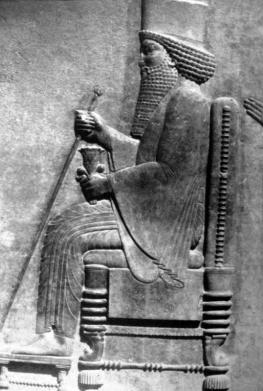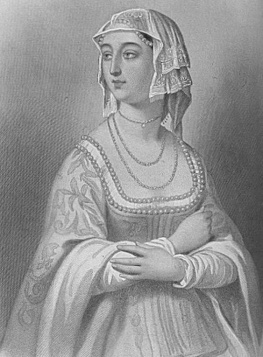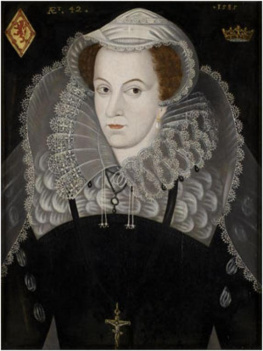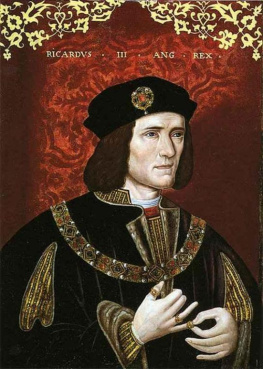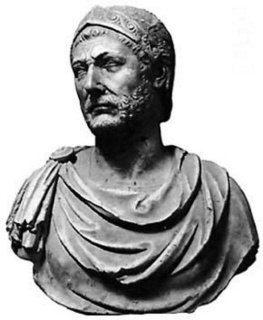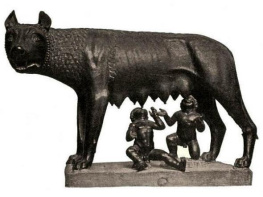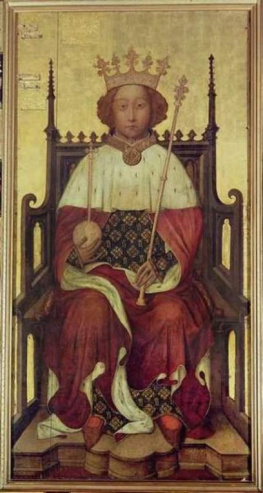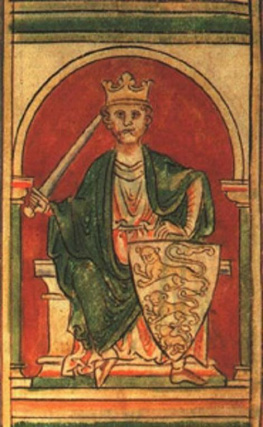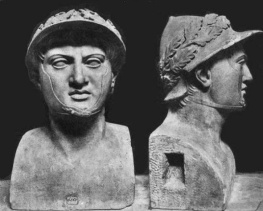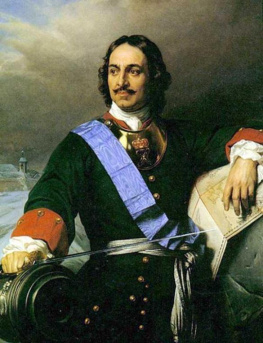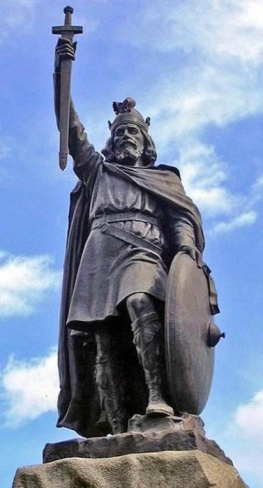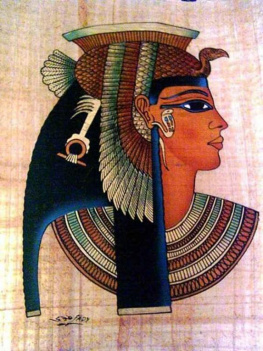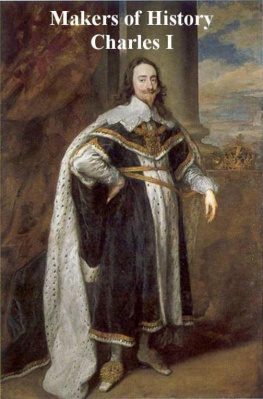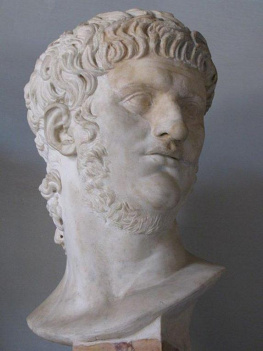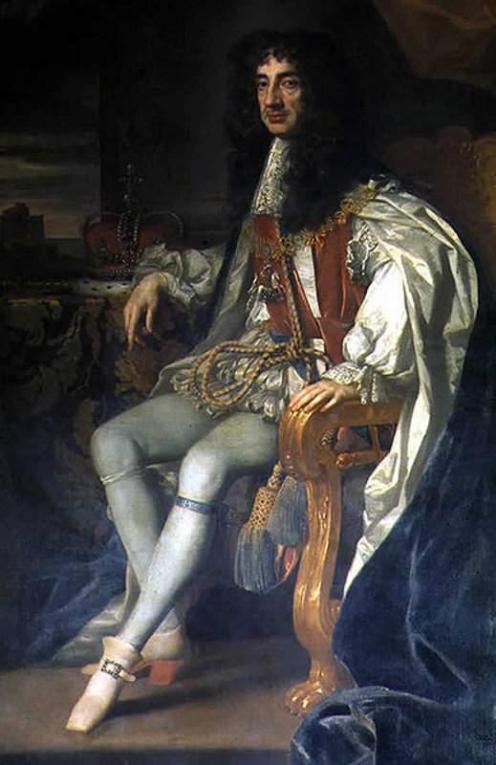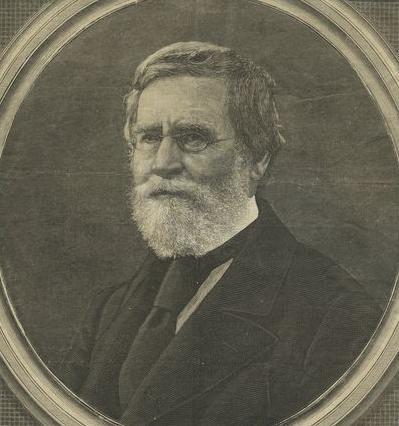HISTORY OF KING CHARLES THE SECOND OF ENGLAND.
by
JACOB ABBOTT.
Table of Contents
PREFACE.
The author of this series has made it his special object to confine himself very strictly, even in the most minute details which he records, to historic truth. The narratives are not tales founded upon history, but history itself, without any embellishment or any deviations from the strict truth, so far as it can now be discovered by an attentive examination of the annals written at the time when the events themselves occurred. In writing the narratives, the author has endeavored to avail himself of the best sources of information which this country affords; and though, of course, there must be in these volumes, as in all historical accounts, more or less of imperfection and error, there is no intentional embellishment. Nothing is stated, not even the most minute and apparently imaginary details, without what was deemed good historical authority. The readers, therefore, may rely upon the record as the truth, and nothing but the truth, so far as an honest purpose and a careful examination have been effectual in ascertaining it.
CHAPTER I. INFANCY .
King Charles the Second was the son and successor of King Charles the First. These two are the only kings of the name of Charles that have appeared, thus far, in the line of English sovereigns. Nor is it very probable that there will soon be another. The reigns of both these monarchs were stained and tarnished with many vices and crimes, and darkened by national disasters of every kind, and the name is thus connected with so many painful associations in the minds of men, that it seems to have been dropped, by common consent, in all branches of the royal family.
The reign of Charles the First, as will be seen by the history of his life in this series, was characterized by a long and obstinate contest between the king and the people, which brought on, at last, a civil war, in which the king was defeated and taken prisoner, and in the end beheaded on a block, before one of his own palaces. During the last stages of this terrible contest, and before Charles way himself taken prisoner, he was, as it were, a fugitive and an outlaw in his own dominions. His wife and family were scattered in various foreign lands, his cities and castles were in the hands of his enemies, and his oldest son, the prince Charles, was the object of special hostility. The prince incurred, therefore, a great many dangers, and suffered many heavy calamities in his early years. He lived to see these calamities pass away, and, after they were gone, he enjoyed, so far as his own personal safety and welfare were concerned, a tranquil and prosperous life. The storm, however, of trial and suffering which enveloped the evening of his fathers days, darkened the morning of his own. The life of Charles the First was a river rising gently, from quiet springs, in a scene of verdure and sunshine, and flowing gradually into rugged and gloomy regions, where at last it falls into a terrific abyss, enveloped in darkness and storms. That of Charles the Second, on the other hand, rising in the wild and rugged mountains where the parent stream was engulfed, commences its course by leaping frightfully from precipice to precipice, with turbid and foaming waters, but emerges at last into a smooth and smiling land, and flows through it prosperously to the sea.
Prince Charless mother, the wife of Charles the First, was a French princess. Her name was Henrietta Maria. She was unaccomplished, beautiful, and very spirited woman. She was a Catholic, and the English people, who were very decided in their hostility to the Catholic faith, were extremely jealous of her. They watched all her movements with the utmost suspicion. They were very unwilling that an heir to the crown should arise in her family. The animosity which they felt against her husband the king, which was becoming every day more and more bitter, seemed to be doubly inveterate and intense toward her. They published pamphlets, in which they called her a daughter of Heth, a Canaanite, and an idolatress, and expressed hopes that from such a worse than pagan stock no progeny should ever spring.
Henrietta was at this time1630twenty-one years of age, and had been married about four years. She had had one son, who had died a few days after his birth. Of course, she did not lead a very happy life in England. Her husband the king, like the majority of the English people, was a Protestant, and the difference was a far more important circumstance in those days than it would be now; though even now a difference in religious faith, on points which either party deems essential , is, in married life, an obstacle to domestic happiness, which comes to no termination, and admits of no cure. If it were possible for reason and reflection to control the impetuous impulses of youthful hearts, such differences of religious faith would be regarded, where they exist, as an insurmountable objection to a matrimonial union.
The queen, made thus unhappy by religious dissensions with her husband, and by the public odium of which she was the object, lived in considerable retirement and seclusion at St. Jamess Palace, in Westminster, which is the western part of London. Here her second son, the subject of this history, was born, in May, 1630, which was ten years after the landing of the pilgrims on the Plymouth rock. The babe was very far from being pretty, though he grew up at last to be quite a handsome man. King Charles was very much pleased at the birth of his son. He rode into London the next morning at the head of a long train of guards and noble attendants, to the great cathedral church of St. Pauls, to render thanks publicly to God for the birth of his child and the safety of the queen. While this procession was going through the streets, all London being out to gaze upon it, the attention of the vast crowd was attracted to the appearance of a star glimmering faintly in the sky at midday. This is an occurrence not very uncommon, though it seldom, perhaps, occurs when it has so many observers to witness it. The star was doubtless Venus, which, in certain circumstances, is often bright enough to be seen when the sun is above the horizon. The populace of London, however, who were not in those days very profound astronomers, regarded the shining of the star as a supernatural occurrence altogether, and as portending the future greatness and glory of the prince whose natal day it thus unexpectedly adorned.
Preparations were made for the baptism of the young prince in July. The baptism of a prince is an important affair, and there was one circumstance which gave a peculiar interest to that of the infant Charles. The Reformation had not been long established in England, and this happened to be the first occasion on which an heir to the English crown had been baptized since the Liturgy of the English Church had been arranged. There is a chapel connected with the palace of St. James, as is usual with royal palaces in Europe, and even, in fact, with the private castles and mansions of the higher nobility. The baptism took place there. On such occasions it is usual for certain persons to appear as sponsors, as they are called, who undertake to answer for the safe and careful instruction of the child in the principles of the Christian faith. This is, of course, mainly a form, the real function of the sponsors being confined, as it would appear, to making magnificent presents to their young godchild, in acknowledgment of the distinguished honor conferred upon them by their designation to the office which they hold. The sponsors, on this occasion, were certain royal personages in France, the relatives of the queen. They could not appear personally, and so they appointed proxies from among the higher nobility of England, who appeared at the baptism in their stead, and made the presents to the child. One of these proxies was a duchess, whose gift was a jewel valued at a sum in English money equal to thirty thousand dollars.


